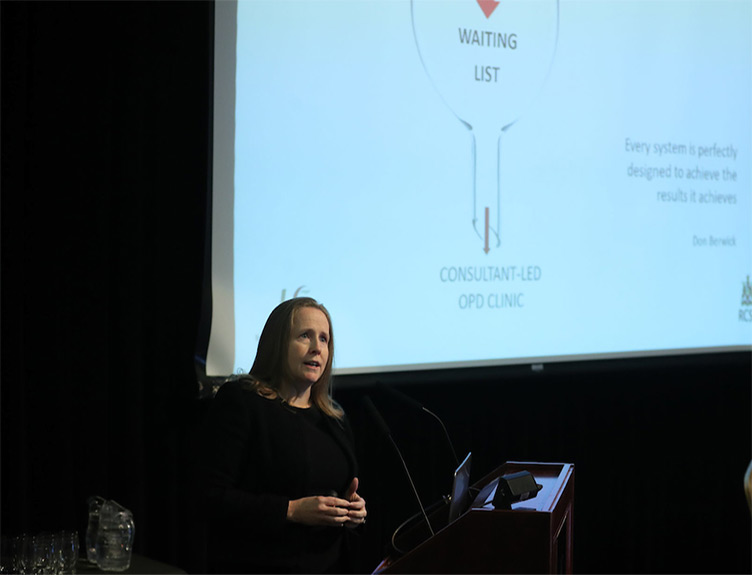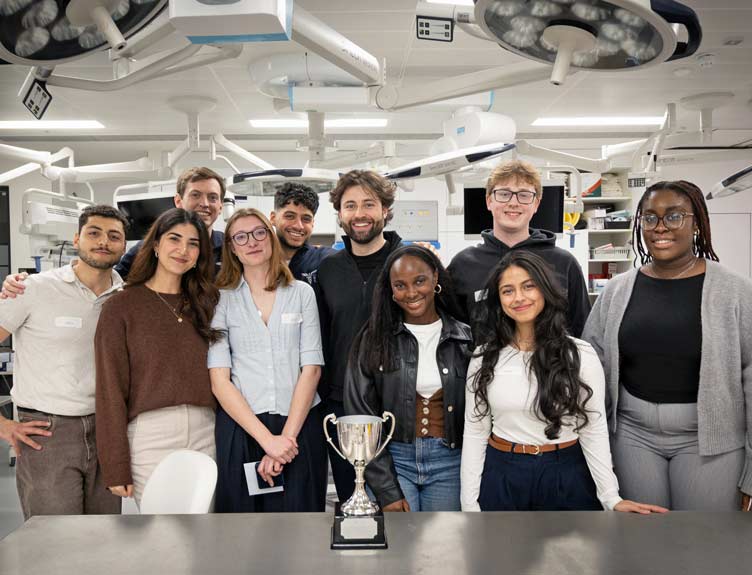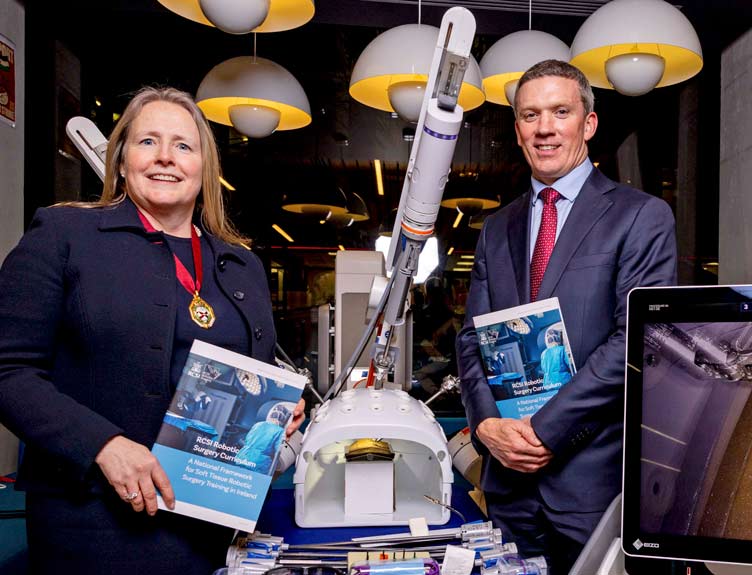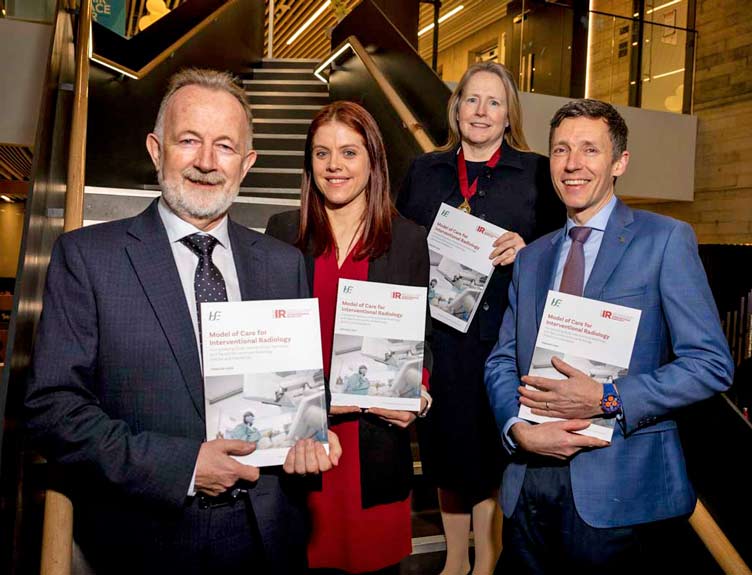Increasing complexity of surgical cases in Ireland poses challenge for delivery of surgical services

The impact on surgical services in Ireland of our ageing population, and the consequent challenges posed by co-morbidity, must be addressed according to Professor Deborah McNamara, Consultant General and Colorectal Surgeon, Beaumont Hospital and Co-Lead National Clinical Programme in Surgery, HSE/RCSI, speaking this morning at the 2018 Millin Meeting at RCSI on the The Future of Surgery 2030.
Professor McNamara said: “I can already see the impact of our ageing population in my own clinical practice in Beaumont Hospital. Half of emergency laparotomies in the hospital last year were carried out on patients over 65 years of age, and 16% were on patients over 80 years of age.
“The result of this is that co-morbidity is the new norm and it is vital that we identify better ways of managing this increased complexity among surgical patients."
Professor McNamara added: “One third of patients undergoing hip fracture surgery have cognitive impairment, for example. At present, just 13% of Irish patients undergo a risk assessment prior to undergoing an emergency laparotomy. This compares to 94% of patients in the UK. In order to improve quality and safety in emergency surgery, we must be able to identify deteriorating and high risk patients and ensure they have rapid access to theatre for their surgical care, but also access to the input necessary from geriatric and rehabilitation services that will enable them to make a full recovery to independent life.”
Also speaking at the event, RCSI President Mr Kenneth Mealy said that we are now entering a really challenging annual period in health. “People who expect to undergo elective surgery over the next three months will have their surgeries cancelled because the hospital gets overcrowded.”
Mr Mealy added: “There is no quick fix to this problem but, long-term, we must separate acute and elective care in the hospital system so that elective surgeries are no longer vulnerable to cancellation during the winter months when the emergency system is under pressure. Putting the patient exclusively at the centre of our planning means there is no other outcome that makes sense. "The Minister for Health’s recent visit to a scheduled care hospital in Scotland bodes well for the introduction of a similar model in Ireland and we fully support the Sláintecare proposals in this regard.”
Alongside the discussion on the future of surgery, today’s Millin Meeting also focuses on defining competence for the future surgeon. An online course on professionalism for medical doctors in all specialities will also be launched at today's meeting.
The final session of the day will focus on producing surgeons fit for practice, featuring contributions from two surgical trainees, who will reflect on their training and career aspirations.
The 41st Millin Lecture was delivered by Mr Padhraig F. O’Loughlin on New Technology in Orthopaedic Surgery.



